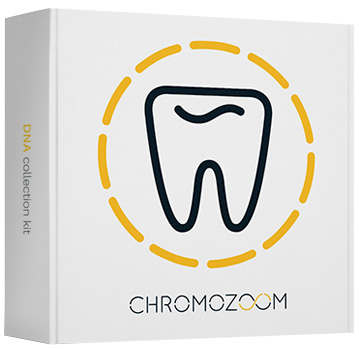Bitter taste
Bitter taste perception is believed to help us avoid ingesting potentially toxic substances. However, the relation between bitterness and toxicity is complex: not all toxins are bitter and, vice versa, not all bitter compounds are toxic.In fact, many bitter compounds have health benefits, such as chemo-protection and reduced cancer risk. Moreover, it has been suggested that bitter-tasting ingredients, such as green, leafy vegetables, are an essential part of a healthy diet.
The compounds that elicit bitter taste are chemically diverse, and mainly include ions, peptides, alkaloids and polyphenols. Some bitter-tasting compounds mediate transduction pathways unrelated to bitter taste receptors. For example, caffeine, which activates bitter taste receptors, also acts as a stimulator of the central nervous system (CNS) and causes restlessness and irritability.
Almost 30% of the compounds in BitterDB (a database of bitter-tasting compounds) appear in DrugBank (a database of FDA-approved drugs), which is an indication of the therapeutic potential of bitter compounds.
The receptors that facilitate the detection of hundreds of chemically different bitter compounds belong to the taste 2 receptor (TAS2R) family, a group of G protein-coupled receptors.
